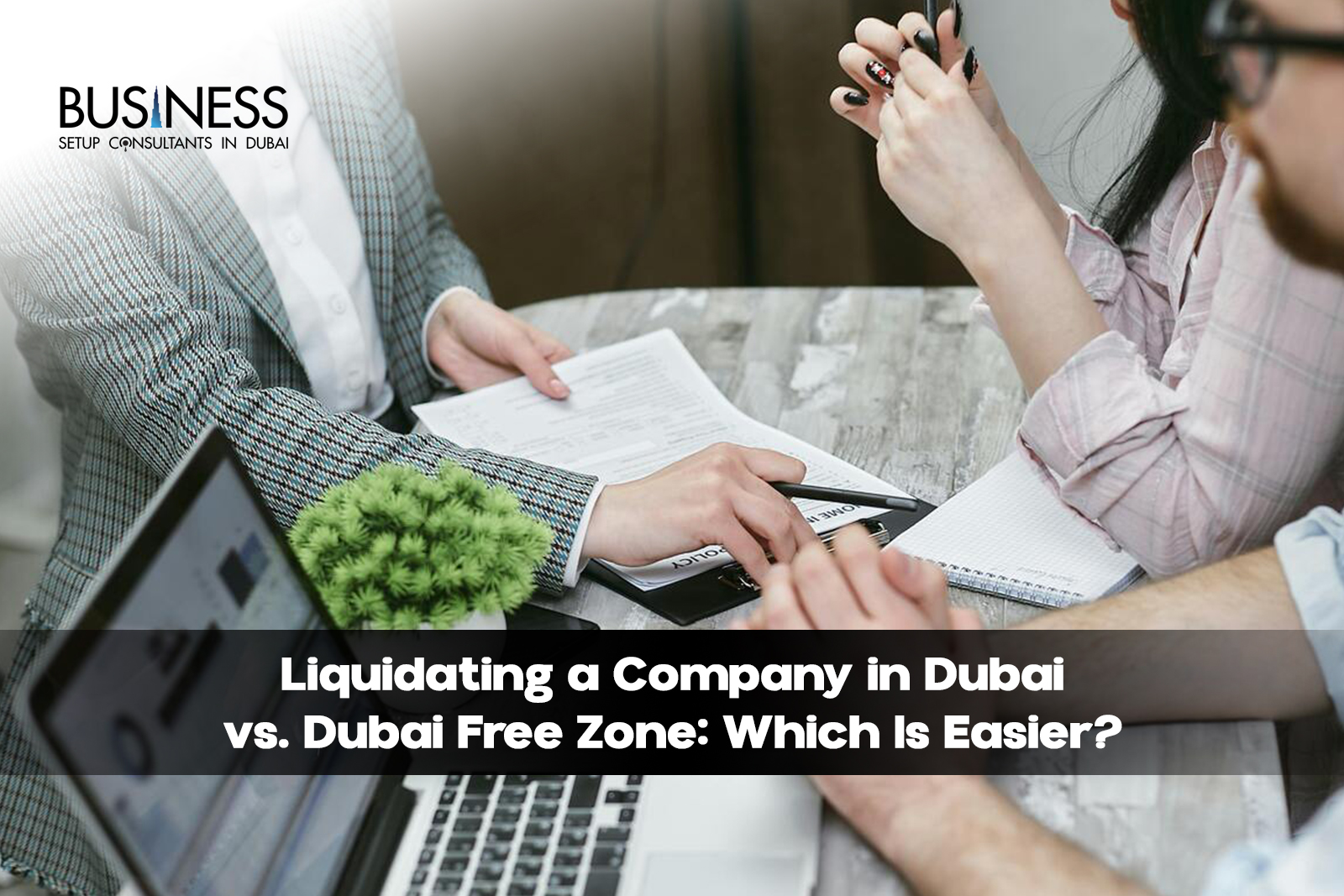Dubai’s smart city development is rapidly transforming the emirate into a futuristic urban hub driven by advanced technology. Blockchain technology plays a pivotal role in this transformation by enhancing transparency, security, and efficiency in various sectors. From governance to real estate, blockchain is revolutionizing how Dubai operates, ensuring it becomes a global leader in smart city innovation. As Dubai continues its rapid expansion, integrating blockchain will provide unparalleled advantages in data security, financial transactions, and smart contracts.

The Vision Behind Dubai's Smart City Initiative
Dubai’s smart city initiative is part of the Dubai Blockchain Strategy, launched in 2016, which aims to position Dubai as the first city fully powered by blockchain. This initiative aligns with the UAE Vision 2021 and aims to improve government efficiency, reduce fraud, and enhance public trust in digital transactions. By implementing blockchain across all government services, Dubai aims to create a seamless, paperless environment where all interactions are digitally verified and recorded.
How Blockchain is Transforming Dubai's Smart City Development
- 1. Enhancing Government Services
Dubai is utilizing blockchain to streamline government services, reducing paperwork and administrative inefficiencies. The Dubai Blockchain Strategy aims to save 25.1 million hours of productivity annually by eliminating manual document processing. Government agencies such as the Dubai Electricity and Water Authority (DEWA) and the Road and Transport Authority (RTA) are adopting blockchain to facilitate real-time verification of transactions. This not only speeds up operations but also ensures that all data remains immutable and secure.
- 2. Securing Real Estate Transactions
The Dubai Land Department (DLD) uses blockchain for secure, transparent real estate transactions. This ensures buyers and sellers have immutable records, reducing fraud and simplifying property management. Property buyers can verify ownership and transaction history in real-time without intermediaries. Additionally, smart contracts are being introduced to automate lease agreements, reducing delays and disputes between landlords and tenants.
- 3. Revolutionizing Supply Chain Management
Blockchain enables secure tracking of goods from manufacturers to consumers. Dubai Customs and other agencies use blockchain to combat duplication, ensuring authenticity in trade and commerce. With blockchain, each product in the supply chain can be tracked with a unique digital identity, allowing businesses and consumers to verify authenticity. This is particularly useful in industries such as pharmaceuticals, where counterfeit drugs can pose serious health risks.
- 4. Improving Healthcare Data Management
Dubai’s healthcare sector leverages blockchain for secure patient data storage, ensuring that medical records are tamper-proof and easily accessible to authorized professionals. Hospitals and clinics can seamlessly exchange patient data without compromising privacy. The UAE’s Ministry of Health and Prevention (MOHAP) is actively developing blockchain-based systems for medical records, reducing administrative errors and improving patient care. This ensures that individuals have full control over their medical history, enhancing healthcare efficiency and patient safety.
- 5. Boosting Financial Services and Payments
Blockchain technology facilitates seamless digital payments, smart contracts, and decentralized finance (DeFi) initiatives. This enhances Dubai’s position as a global financial hub. Banks and fintech startups in Dubai are adopting blockchain for faster cross-border payments, reducing transaction fees and settlement times.
Pro Tips for Leveraging Blockchain in Smart Cities
- Adopt a phased approach: Implement blockchain solutions gradually to ensure seamless integration with existing infrastructure.
- Focus on cybersecurity: Ensure robust security measures to prevent hacking or unauthorized access.
- Encourage public-private partnerships: Collaborate with tech firms and startups to drive innovation.
- Educate stakeholders: Train government officials, businesses, and the public on the benefits of blockchain.
- Use interoperable platforms: Ensure different blockchain networks can communicate with each other for maximum efficiency.
- Leverage smart contracts: Automate legal agreements to reduce human errors and inefficiencies.
- Enhance transparency: Utilize blockchain to make government and business transactions more accountable and trustworthy.
FAQs
How does blockchain contribute to Dubai’s smart city development?
Blockchain enhances transparency, security, and efficiency across various sectors, helping Dubai become a fully digitized smart city. It ensures that all government transactions are immutable and verifiable, reducing fraud and bureaucratic delays. The technology is also used in real estate, healthcare, and supply chain management to ensure seamless and secure operations.
What are the main benefits of blockchain in smart cities?
Blockchain provides secure transactions, reduces fraud, eliminates paperwork, and enhances efficiency in governance and business operations. It improves the traceability of assets and data, ensuring real-time verification without intermediaries. Additionally, blockchain enhances cybersecurity by providing decentralized networks, making it difficult for cyber threats to compromise sensitive information.
How is Dubai using blockchain in real estate?
Dubai Land Department uses blockchain to record property transactions, ensuring secure and tamper-proof records. Buyers and sellers can verify ownership and transfer property digitally without third-party intermediaries. The use of smart contracts enables automated lease agreements and transaction settlements, reducing delays and disputes. This ensures that Dubai’s real estate sector remains transparent, efficient, and fraud-free.
Can blockchain improve cybersecurity in smart cities?
Yes, blockchain’s decentralized nature makes it highly secure, reducing the risk of cyber threats. Since blockchain operates on a distributed ledger, there is no single point of failure, making it difficult for hackers to alter data. The use of cryptographic security mechanisms ensures that transactions remain encrypted and tamper-proof.
What industries in Dubai benefit most from blockchain?
Government services, real estate, healthcare, supply chain management, and finance are the top industries leveraging blockchain technology. The financial sector benefits from blockchain-powered digital payments and DeFi solutions, making transactions faster and more secure. The logistics and supply chain industry uses blockchain to track goods and prevent counterfeiting.
Conclusion
Blockchain technology is a cornerstone of Dubai’s smart city development, revolutionizing governance, real estate, healthcare, and financial services. By implementing blockchain, Dubai is setting a global benchmark for smart cities, ensuring efficiency, transparency, and security across all sectors. As the emirate continues its journey towards full digital transformation, blockchain will remain at the heart of its success. With government-backed initiatives, increasing adoption across industries, and a strong focus on innovation, Dubai is poised to become the world’s first blockchain-powered smart city.







